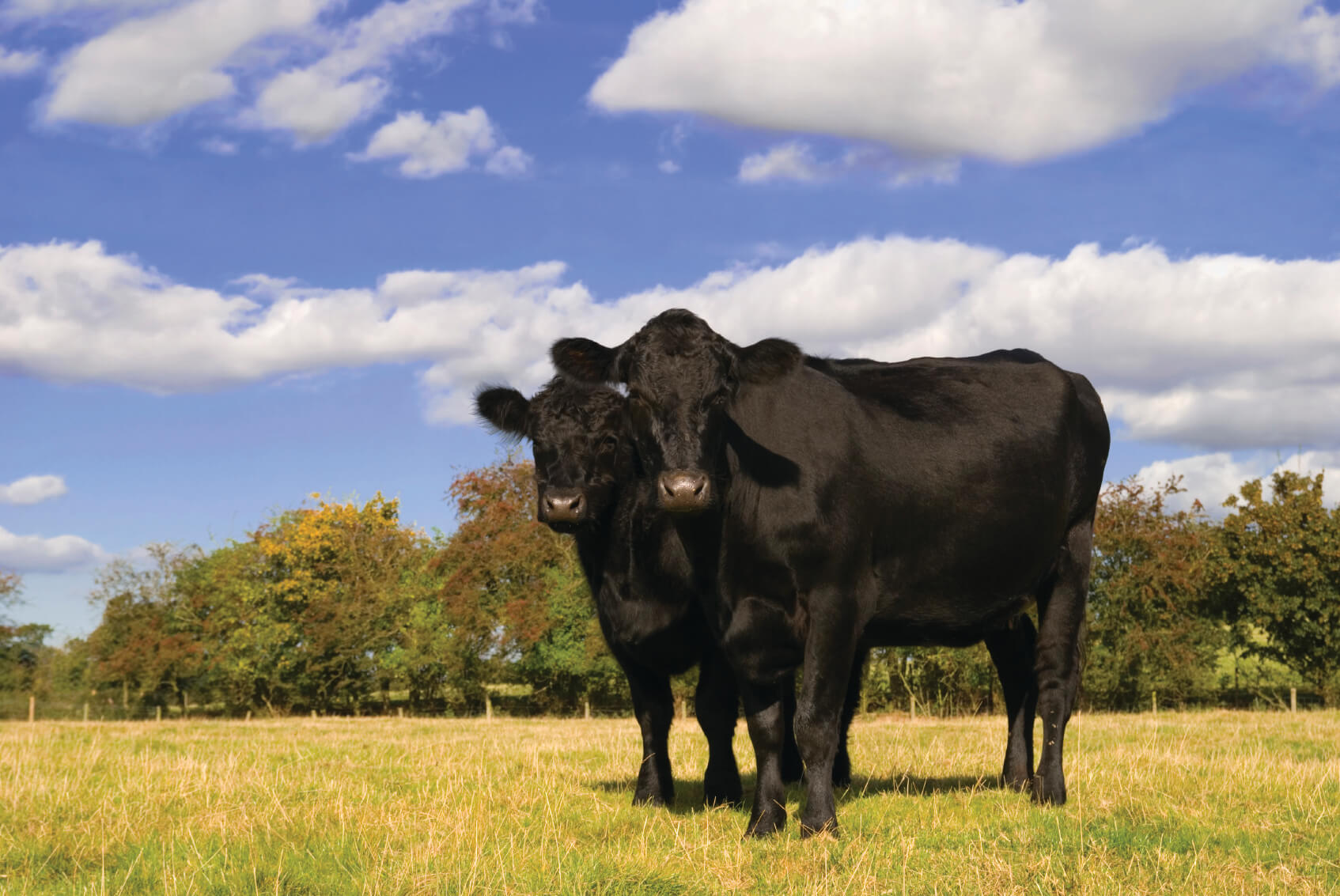How to Manage Heat Stress in Beef Cattle
Jul 01, 2019

With the heat of summer in full swing, it’s important to be aware of the best ways to help prevent heat stress when working or transporting cattle. For beef cattle, the ideal ambient temperature is between 41°F and 77° F. When temperatures are over 77° F, cattle may begin to experience heat stress. Here are three helpful tips to help prevent cattle overheating this summer.
The earlier you work cattle the better:
During hot weather, cattle should be worked before 8 a.m., with all cattle working completed by about 10 a.m. While it may seem to make sense to work cattle after the sun goes down, studies have shown that cattle will need at least six hours of night cooling before enough heat has dissipated to cool down from an extremely hot day, so the earlier in the day the better.
Keep cattle working time short:
Working cattle can be stressful enough on the animal, but working them for long periods of time in the hot weather can cause overheating. A good goal to target would be for cattle to spend less than 30 minutes in the working facility.
Increase water intake:
During hot weather, cattle should drink more than 1 percent of their body weight an hour. Therefore, it’s important to make sure there are multiple places cattle can access water during the summer months. Providing additional water tanks with a larger capacity can be a very helpful addition to the pasture.
Your local Co-op animal health specialist can help answer questions on how to prevent heat stress in your beef cattle herd. Head to Co-op for your beef cattle care needs!
The earlier you work cattle the better:
During hot weather, cattle should be worked before 8 a.m., with all cattle working completed by about 10 a.m. While it may seem to make sense to work cattle after the sun goes down, studies have shown that cattle will need at least six hours of night cooling before enough heat has dissipated to cool down from an extremely hot day, so the earlier in the day the better.
Keep cattle working time short:
Working cattle can be stressful enough on the animal, but working them for long periods of time in the hot weather can cause overheating. A good goal to target would be for cattle to spend less than 30 minutes in the working facility.
Increase water intake:
During hot weather, cattle should drink more than 1 percent of their body weight an hour. Therefore, it’s important to make sure there are multiple places cattle can access water during the summer months. Providing additional water tanks with a larger capacity can be a very helpful addition to the pasture.
Your local Co-op animal health specialist can help answer questions on how to prevent heat stress in your beef cattle herd. Head to Co-op for your beef cattle care needs!